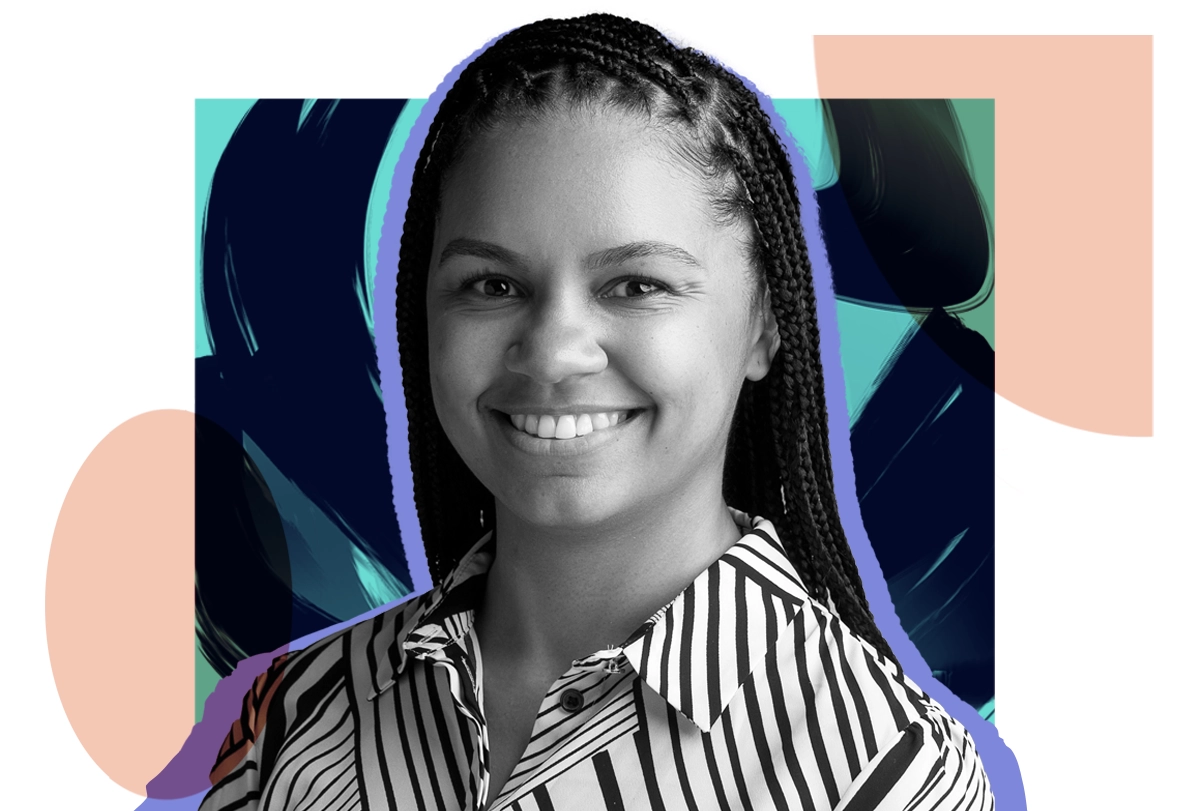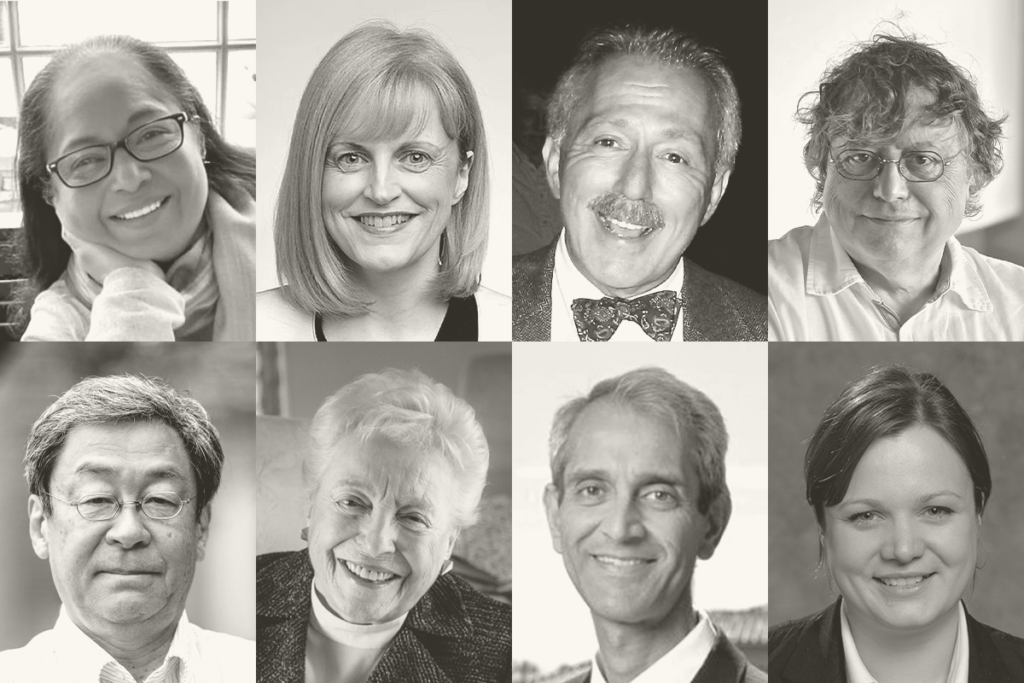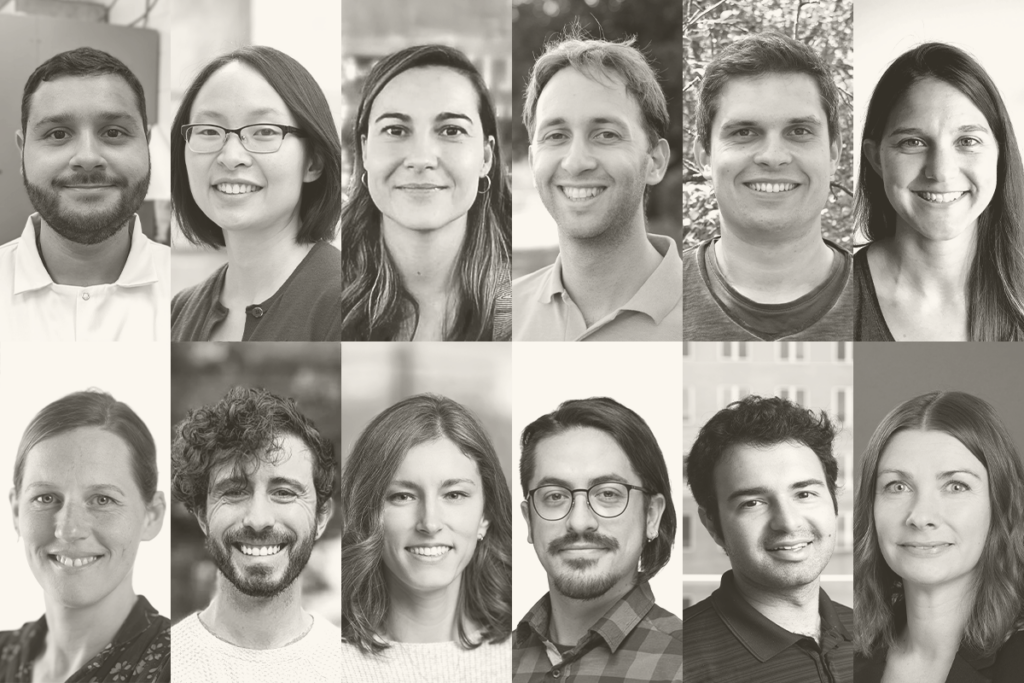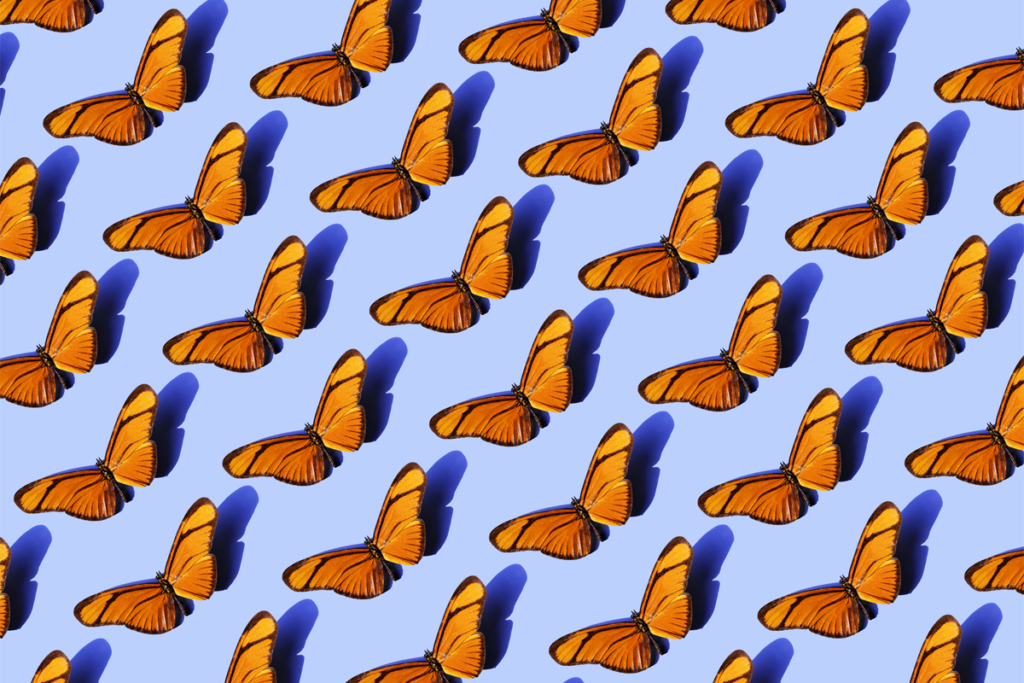Neuroscientist Clíona Kelly knows the power of community. She watched Black Birders Week take flight following a 2020 incident in which a Black birdwatcher was wrongly accused of threatening a woman in New York’s Central Park. Following that inspiration, she jumped in to help found Black In Neuro later that summer, when Angeline Dukes, assistant professor of neuroscience at the University of Minnesota, first proposed its creation.
What began as a Slack channel and a safe space to share ideas for Black neuroscientists at all career stages has since expanded to a full-blown organization, more than 1,200-members strong, Kelly says. In addition to connecting its members and helping to build a pipeline into the field, the group hosts networking and professional-development programming during its annual Black In Neuro Week, which is taking place this week.
“For aspiring neuroscientists, knowing they’re coming into environments [during the week] where community is already there—that they’re not having to build this community from scratch or wonder where all the Black neuroscientists are,” she says, “that’s obviously all we can ask for.”
Kelly, a postdoctoral fellow at Yale University’s Child Study Center and a 2024 recipient of the Kavli Postdoctoral Award for Academic Diversity, serves as Black In Neuro’s incoming co-director for programming. She sat down with The Transmitter for a conversation about the organization and her plans moving forward.
This interview has been lightly edited for length and clarity.
The Transmitter: What is the vision for Black In Neuro?
Clíona Kelly: It began very grassroots, predominantly with grad students, with a mission of highlighting Black neuroscientists, providing awareness to those of us who are in the field, and also finding that community. Now, as a 501(c)(3), we’ve been continually broadening this—from undergrads to faculty.
TT: What are some of the mission and program highlights that are important to you?
CK: I’m really passionate about building this global community. We have a lot of people in the U.S., U.K. and Canada, and I want to expand that reach beyond the northern hemisphere. Each Black In Neuro Week, we’ve celebrated [Black neuroscientists] across the diaspora. We also discuss the ongoing racism in neuro-related fields. I think we really tapped into an important area that was previously ignored. It holds a special place in my heart.
TT: What kind of programming do you offer?
CK: We have a lot of resources for grad students. What I would like to do is shift that focus to those who are earlier in their career, potentially looking at high school students. We have this pipeline issue—for getting into neuroscience, into higher education—and I want to begin to tackle that a lot earlier on. I think what’s important is reaching out to educators and seeing what they would like. I truly believe that in a nonprofit business, and especially in academia, you’re in the servant business and so it’s not about what you would like to put on. It’s about what people need.
TT: What is the benefit of being engaged with Black In Neuro?
CK: It’s completely free. It’s open to the community. And we have a member directory, [which] includes whether you are open to speaking engagements. People have gained their internships, mentorships and permanent positions out of it. It [was created] because we didn’t want to hear the excuse of people saying, “we didn’t know where to find a Black neuroscientist.” We currently have more than 1,200 members. That can no longer be the excuse. Highlighting Black neuroscientists always comes first and foremost and is demonstrated throughout Black In Neuro Week. As a result of doing that, the wider community and allies have access to these recordings on YouTube. For those who want to make a change, to collaborate, to make a difference, we have the resources there. It’s just whether they’re wanting and willing to.
TT: What professional development do you offer?
CK: We’ve put on quite a few different workshops, from negotiating your salary to writing a personal statement. This Black In Neuro Week, we will [have] an Intro to Python workshop. We also try to facilitate one-on-one interactions and more directed and bespoke aspects of the workshops, [such as providing] direct feedback on your personal statement.
TT: What can allies do to support this community?
CK: One aspect is having this constant kind of funding. Black In Neuro organizers are all volunteers. Having buy-in from larger foundations would be incredibly helpful for us because we believe it’s important to pay speakers appropriately. I also think what’s important is that allies spread the word. So if you know that you have Black students in your class, let them know about Black In Neuro. Let them know about this community, and potentially support or host some of the in-person and hybrid events. This is low-hanging fruit and it would be great to have people reach out and say, “Hey, we’ve got everything sorted. We just want to collab and get this going.” Mentorship as well. We all know that it’s so important to have a wide mentorship team—to help troubleshoot throughout graduate school, but also to provide sponsorship for you so when you’re not in the room, people are saying your name.
TT: What are you most excited about?
CK: What makes it all worth it is Black In Neuro Week itself. It’s a lot of work. Sometimes I wonder how we do it. Once it arrives, though, you see this outpouring of community and it’s the most beautiful thing. You see people connecting. You see new people joining the community who are like, “Hey, I didn’t know about this before. I’m late to the party. Can I join?” Having people excited to see and be a part of Black In Neuro Week—that’s my soft spot.





